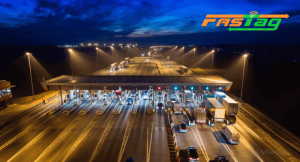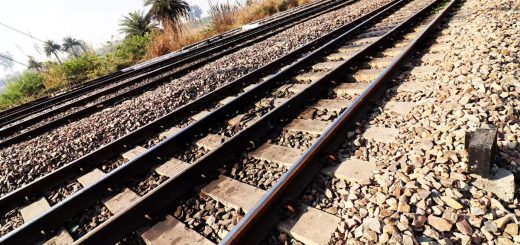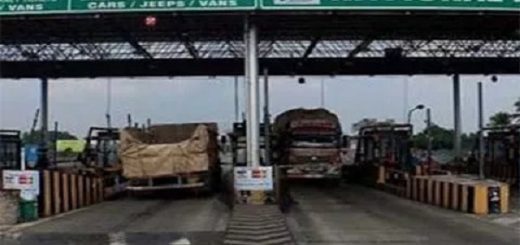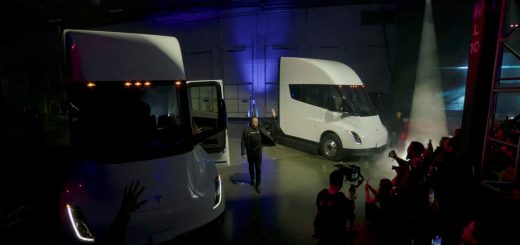FASTag exclusively: Hybrid lanes for Mumbai
“A FASTag is like an Aadhaar for a vehicle, which is linked to the details of the car owner. It will be accepted across all toll plazas in the country, unlike RFID tags, which vary from one toll operator to the other.”
With the Maharashtra State Road Development Corporation implementing the Centre’s ambitious FASTag plan, Vijay Waghmare Joint Managing Director of MSRDC, speaks to the Indian Express about the challenges that lie ahead for its smooth implementation.
How much work has been completed on highways to implement FASTag?
One lane on Mumbai-Pune Expressway and all lanes of toll plazas on old Mumbai-Pune highway have been converted to FASTag lanes. There are a total of 73 toll plazas in the state, of which 40 are under MSRDC and another 33 are under the PWD. However, since MSRDC is the nodal agency for the implementation, it is converting plazas that are under PWD as well. Our aim is to have at least two FASTag lanes at each toll plaza. So far, the work has been completed in around 35 toll plazas and the rest of them will be completed by January 15, as per central government’s guidelines.
Will Mumbai entry points have exclusive FASTag lanes?
We are aiming at equipping all lanes of the five Mumbai entry points with FASTag as well as cash. They will all be hybrid lanes.
Does this mean that motorists in Mumbai will not be charged double the toll for not having FASTag?
Double charges as penalty at Maharashtra toll plazas are yet to be notified. Until the government issues such a notification, it will not be implemented.
How has the response to FASTag been on Mumbai-Pune Expressway?
The number of vehicles equipped with FASTag has grown by about 12 per cent. While earlier only 22 per cent of the total vehicles that passed through the toll plazas were equipped with FASTag, it has now increased to 34 per cent as per the latest figures as on December 17. The cash collection at this toll has also witnessed a drop of about 10 per cent.
Motorists have complained of double deduction of fee at toll plazas.
There have been such cases but they might be one in 100. Since FASTag was implemented, only eight to 10 such cases have come forward. Those who paid in cash and had their money deducted from e-wallet will get a refund within 24 hours. Usually, the refund is received between 24 to 72 hours. The time varies from bank to bank. But once the system is implemented, we will work out a policy of providing a refund within 48 hours.
How is the shortage of FASTag in the market being addressed?
At present, the manufacturing of tags is not up to the demand. Only 24 banks have been authorised to buy and sell FASTag and they have to abide by RBI guidelines. The guidelines are stringent, where the identity of the manufacturer has to be established using Aadhaar, which causes delays. However, enough tags are available now.
What are the challenges of implementing FASTag at all toll plazas?
The biggest challenge is connectivity… with connectivity being poor in rural areas. An agency has been appointed to provide high frequency WiFi so that none of the toll plazas are offline as vehicles pass through. The other aspect is of servers, as the site may crash when thousands log in at once , seeing that it’s a pan-India project. Software engineers are working to ensure the site does not slow down or crash.
What are the benefits of FASTag?
A FASTag is like an Aadhaar card for a vehicle, which is linked to the details of the car owner. It will be accepted across all toll plazas anywhere in the country unlike RFID tags that vary from one toll operator to the other. FASTag is facing initial teething issues but it will be faster as compared to manual payment, which takes about 30 seconds per transaction. Whereas with FASTag, about 40 to 50 vehicles can pass per minute. Scanning a FASTag will provide information of vehicle owner, which will be useful in cases of emergency such as accidents. FASTag will enable us to create a database of the number of vehicles that pass through roads, the type of vehicle, and the amount collected as toll; this will further bring in transparency.
Source: http://bit.ly/2SmQj1y





Recent Comments